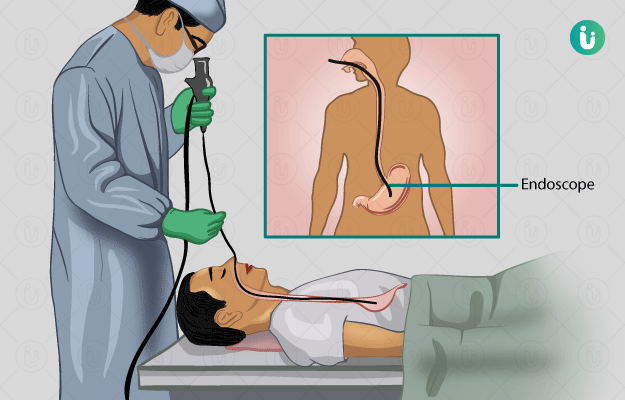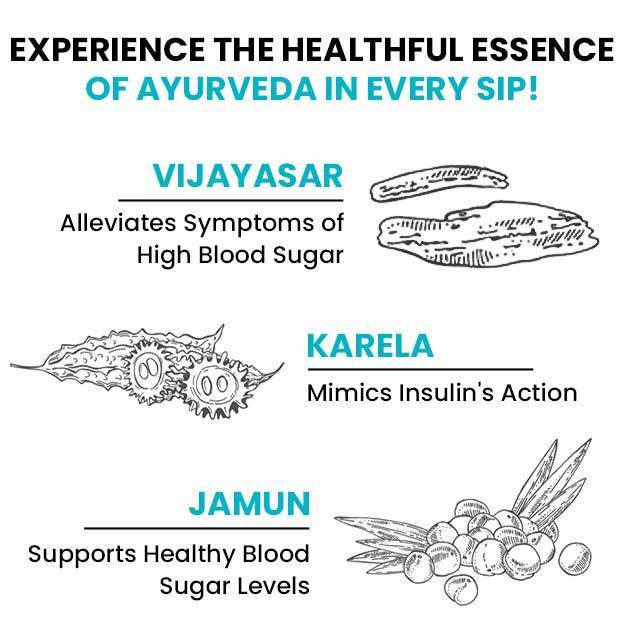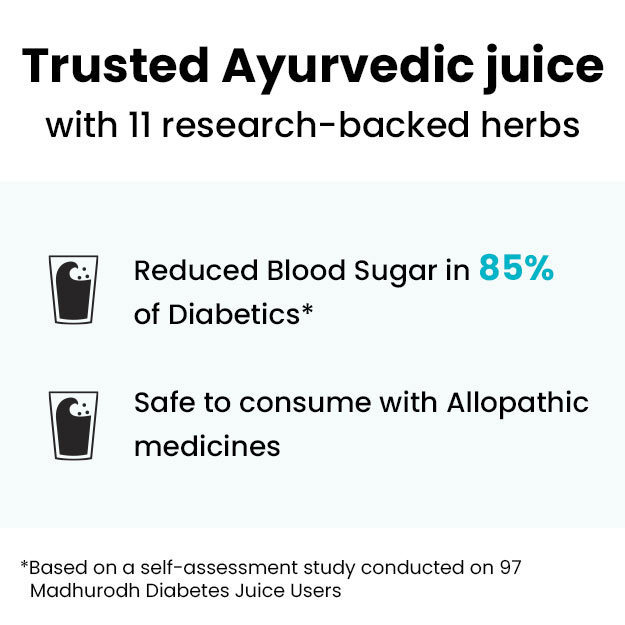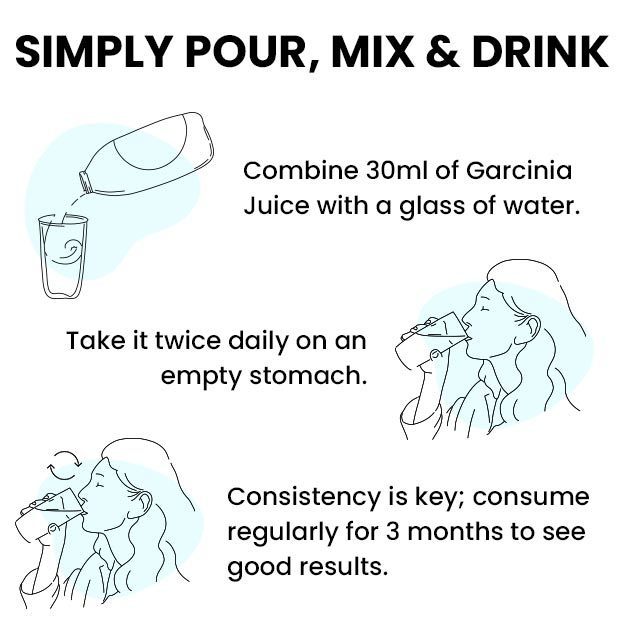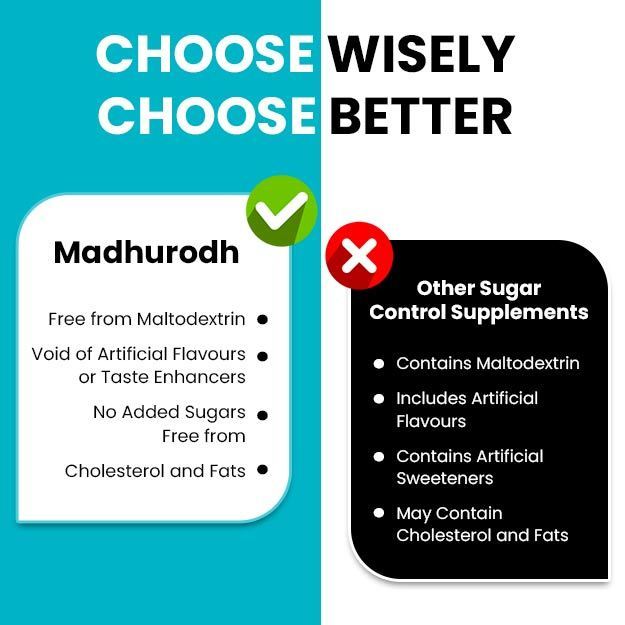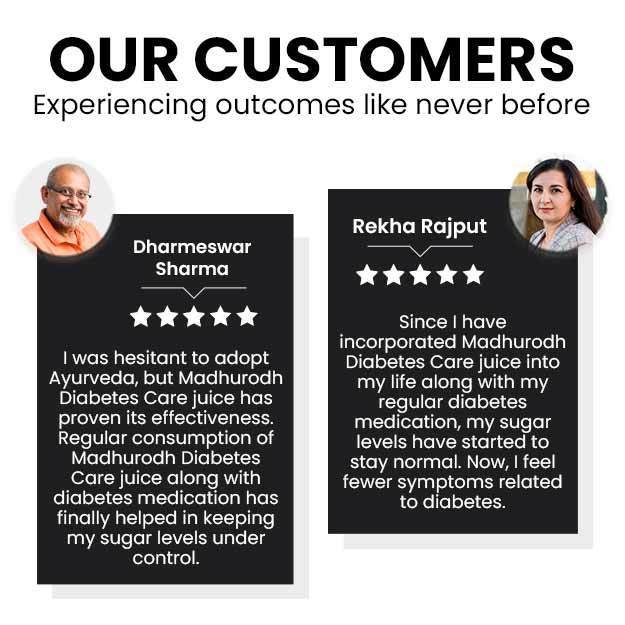What is Endoscopy?
Endoscopy is a procedure that doctors use to view internal body parts using a long tube-like instrument with an attached camera known as an endoscope or a scope. Endoscopy can be used to examine organs such as stomach, oesophagus and small intestine and helps detect the cause of problems in these organs. It is also beneficial in some surgical procedures, e.g., removing polyps from colon. Following are some commonly used endoscopy procedures and the parts of the body viewed:
- Upper endoscopy: Stomach, oesophagus and small intestine
- Cystoscopy: Urinary bladder
- Laryngoscopy: Larynx or the voice box
- Colonoscopy: Large intestine and the entire length of the colon
- Bronchoscopy: Bronchi of the lungs and the windpipe
- Colposcopy: Cervix and vagina
- Laparoscopy: Female reproductive organs like the uterus and ovaries, liver, organs of the gastrointestinal tract
- Arthroscopy: Joints
- Neuroendoscopy: Areas of the brain
Virtual and capsule endoscopy are the most recent advances in endoscopy.

